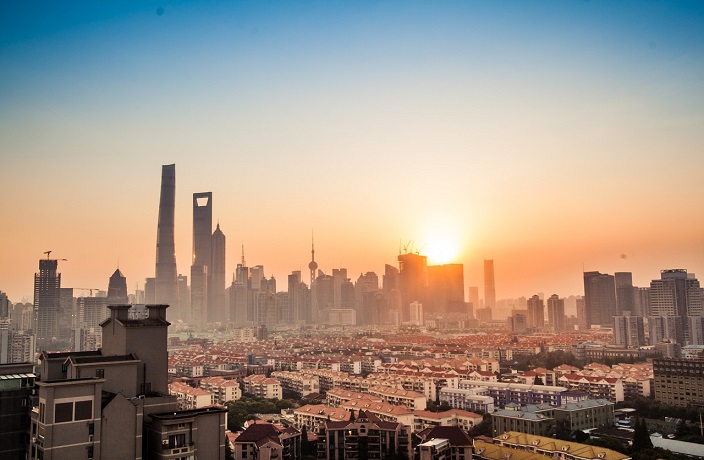Over three decades, Shanghai has shapeshifted into one of the most futuristic metropolises in the world. With a new year on the horizon, the city will continue to thrive with many projects ready to enhance the way we live. So, what are some of the latest developments around town and how will they affect life in Shanghai? Let's find out as we delve into transportation, urban planning and city-wide initiatives planned for 2019 and beyond.
With a new year comes new initiatives to look forward to. Let's take a look at what the city will focus on in 2019, that will have us even happier to call Shanghai home.
Get Connected
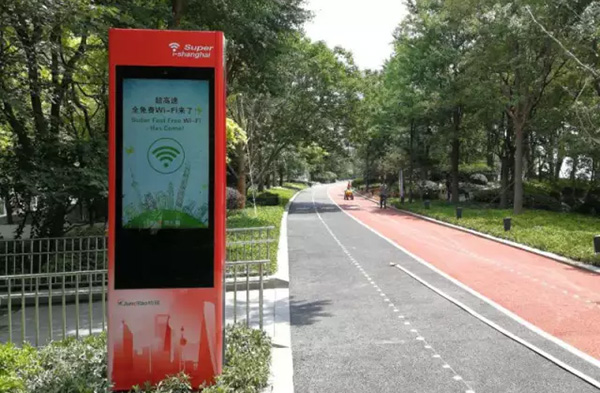
Image via The Paper
We all enjoy staying connected via Wi-Fi without tearing through our data, so enhancements to Wi-Fi networds around the city is welcome anytime. Shanghai has recently launched its latest free public Wi-Fi called 'Super I-Shanghai,' which is available via interactive kiosks around town. Each kiosk emits a Wi-Fi signal covering a 70-100-meter radius and also offers additional functions such as USB charging ports, emergency calling and a display of public service information. Currently in its trial phase, the 'Super I-Shanghai' project has 13 kiosks across Hongkou and will roll out to other districts in 2019.
Be Safe on the Roads
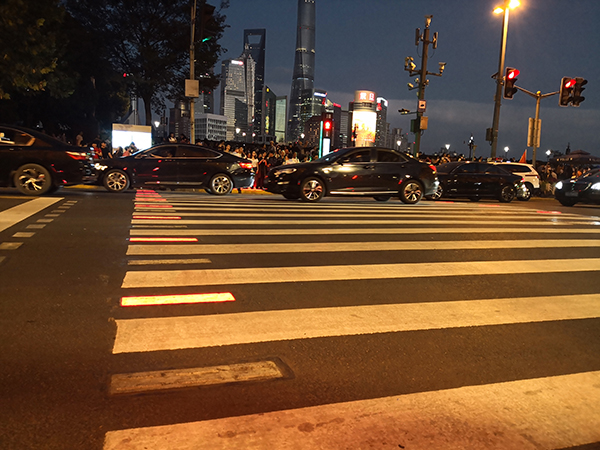
Image via The Paper
With the installation of illuminated zebra crossings around the city, the police hope to prevent pedestrians from jaywalking and remind motorists to slow down during darker conditions. The illuminated system has been installed at 13 intersections including the Bund, National Exhibition and Convention Center and Gaodong Town of Pudong. More crossings will be upgraded with the new lighting system next year, and Shanghai will also install surveillance cameras and motion detectors on traffic lights in order to bust anyone who breaks the law.
Put it Out
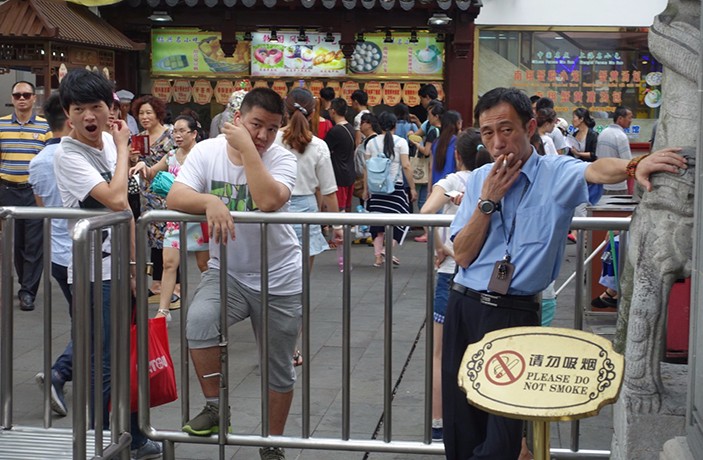
Image via Flickr
In 2019, Shanghai will continue to implement regulations on public smoking. Introduced in March 2017, the Regulation on Smoke-Control in Public prohibits smoking in all non-private indoor spaces and specific outdoor spaces including schools, hospitals, sporting venues, museums and bus stops. A year later, public parks were also listed as non-smoking areas. Any attempt to violate the rule will incur a fine of RMB50-200. The law enforcement department has advised that in 2019 they will focus their attention on office buildings and restaurants, where the situation of illegal smoking is still severe.
Burn Less Coal
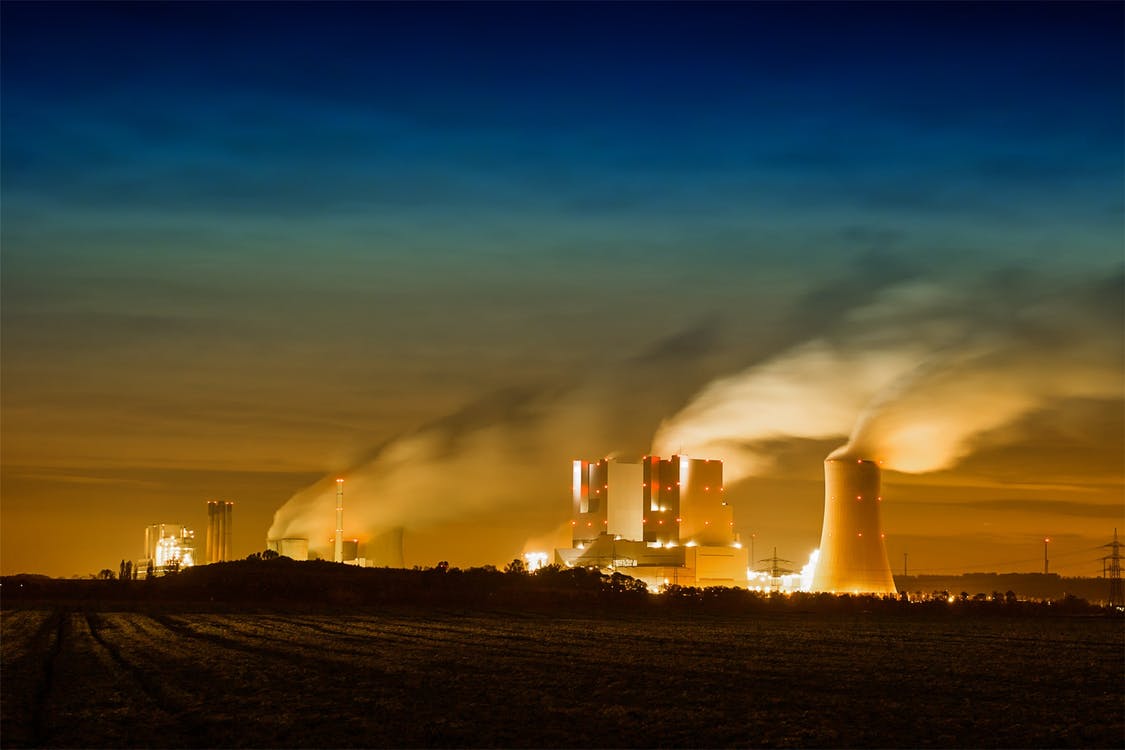
Image via Pexels
By 2020, the city's total coal consumption will be cut down by 5 percent compared with that of 2015. And, in the future, there can be no new coal-burning facilities opened in Shanghai. At the same time, by 2020 there will be an increase in the consumption of natural gas to 10 billion cubic meters. The city has also stipulated that the total electricity consumption must be lower than 156 billion kilowatt-hours.
More Smart Toilets Coming to Shanghai
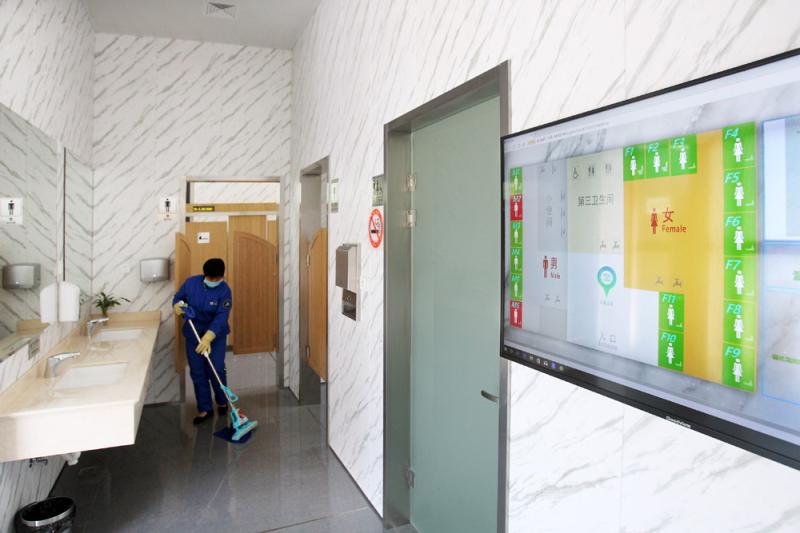
Image via jfdaily
In the new year, the city will build more smart toilets and make upgrades to public bathrooms. A giant LCD screen at the entrance will display basic information such as stall availability, temperature and air quality. The bathrooms will include environmental detection equipment to check the ammonia and carbon dioxide levels every five minutes. If the concentration level becomes too high, a ventilator will open to release the gas. The city will also establish a general information platform to advise where the smart toilets can be found across the city.
Run Clean Water

Image via Pexels
By 2020, the treatment rate of domestic sewage is expected to surpass 95 percent. This means 95 percent of water must be purified so that it can be returned to the water cycle and reused. The city is also set to improve the water quality from Huangpu River and Suzhou Creek since they are the primary sources of tap water for the city. Once the quality reaches the state standard of 78 percent, it can be transferred to the water supply and dispersed as tap water.
Breathe Fresh Air

Iamge via Pexels
On a topic that is the bane of our existence, this year, Shanghai's Clean Air Initiatives 2018-2022 set requirements to lower air pollution in the city. The report states that Shanghai must maintain an Air Quality Index (AQI) below 100 for 80 percent of the year (equating to 292 days) and eradicate heavily polluted days (AQI higher than 200) by 2020. Further good news, the annual average density of PM2.5 must decrease to 37 micrograms per cubic meter by 2020. To achieve these results, 250 new projects will positively impact the city's ecology such as upgrading all buses in the urban area with new energy vehicles.
Throw it Out
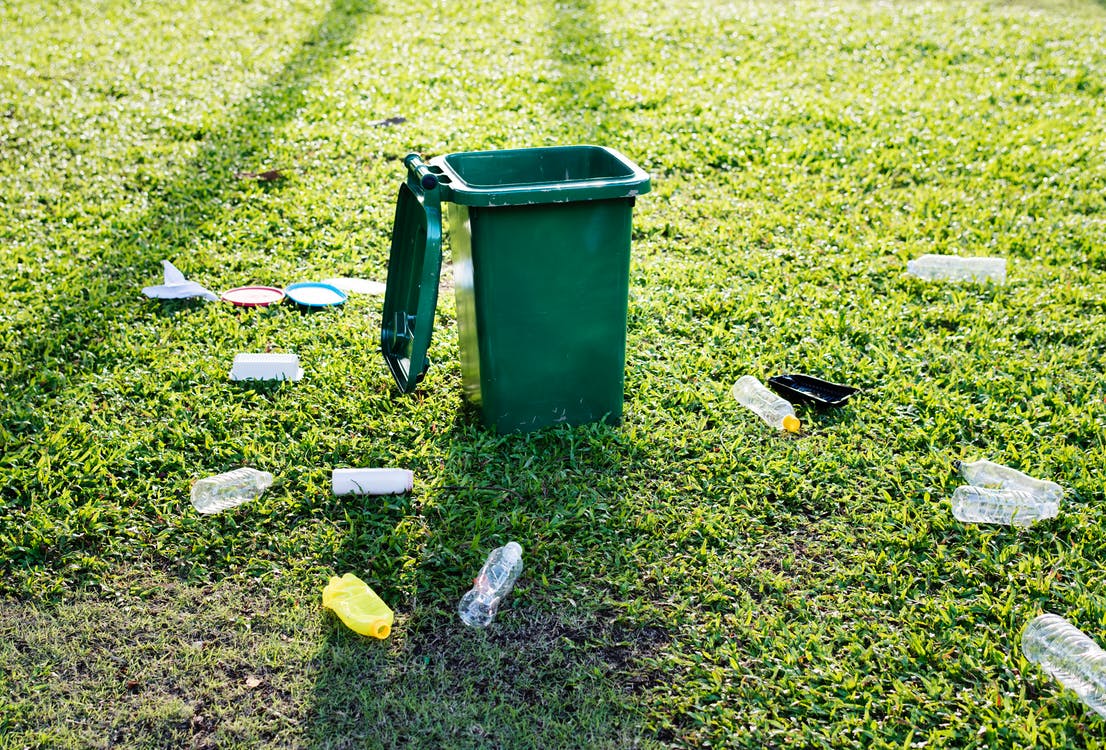
Image via Pexels
As we head into 2019, Shanghai will continue to promote waste management and implement projects that encourage residential communities to achieve a city-wide garbage sorting rate of 90 percent by 2020. The new system will allocate residents a designated time and location to dispose of their sorted waste among eight ID-automated bins. The districts of Jing'an, Changning, Yangpu, Fengxian, Songjiang and Chongming will implement the garbage sorting scheme by the end of 2018, while Huangpu, Xuhui, Putuo, Minhang, Jiading and Jinshan districts will follow suit in 2019. This new system will also include the introduction of a fee, based on waste produced per household.
[Cover image via Pixabay]

